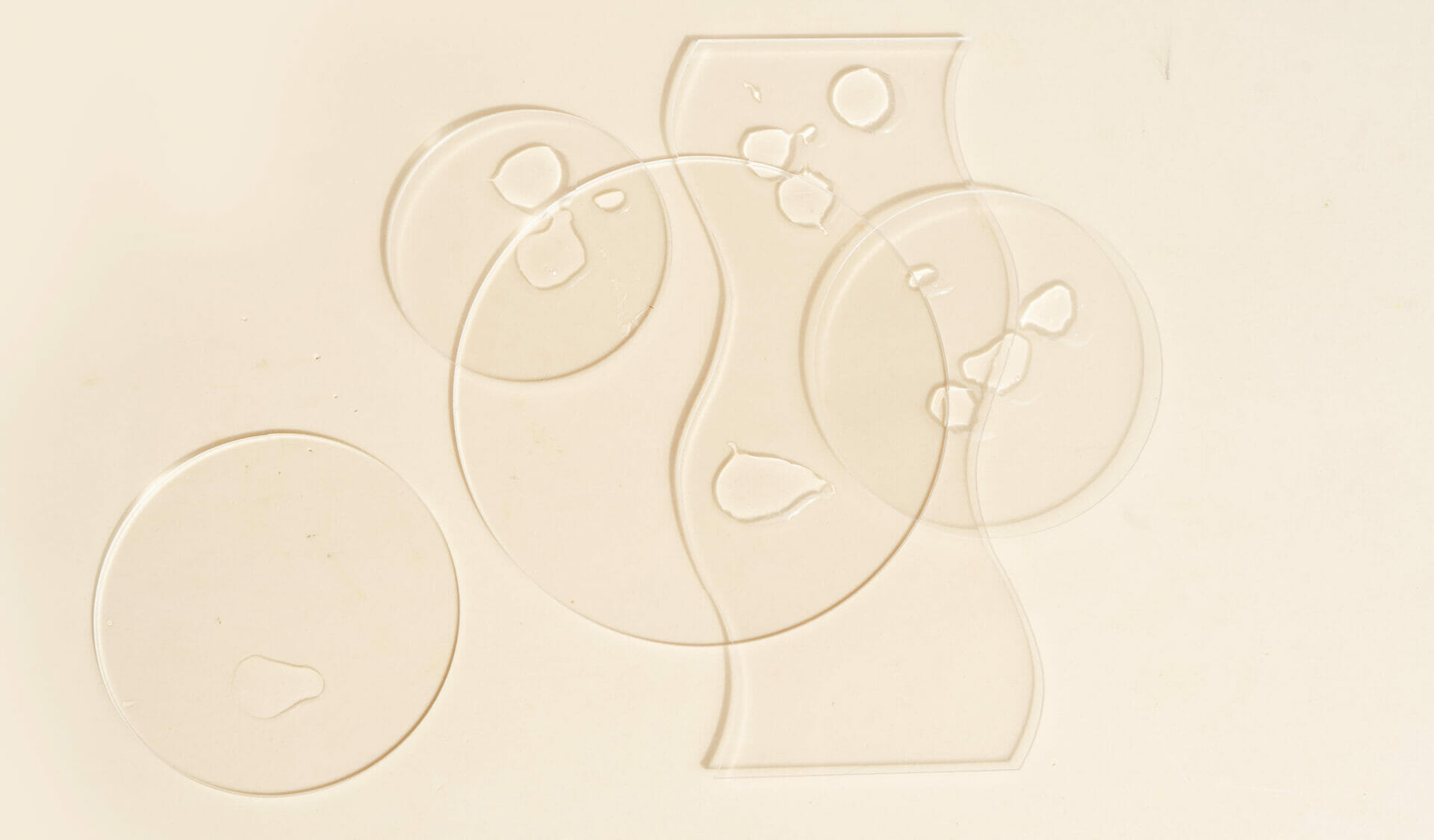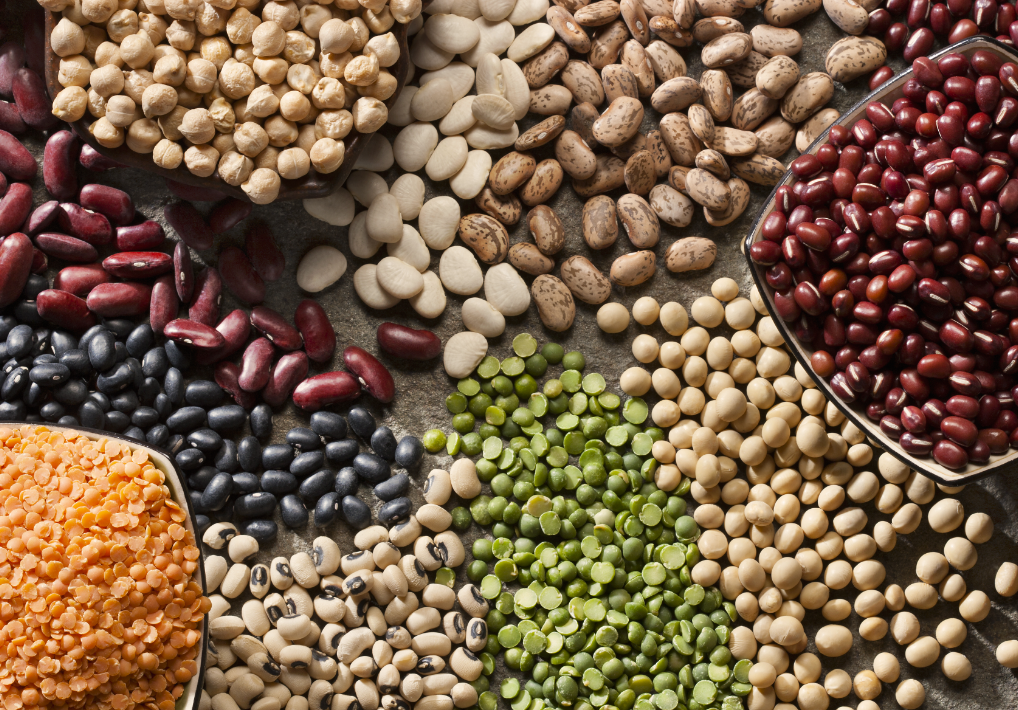Sodium saccharin, C7H5NO3S, is a high-intensity non-nutritive sweetener. The basic substance, benzoic sulfilimine, has effectively no food energy and is much sweeter than sucrose, but has an unpleasant bitter or metallic aftertaste, especially at high concentrations.
It can occur as white crystals or as a white, crystalline powder. In powdered form, it effloresces to the extent that it usually contains only about one-third the amount of water indicated in its molecular formula.
One gram is soluble in 1.5 mL of water and in about 50 mL of alcohol. The sweet taste is approximately 300 to 500 times sweeter than sugar. This material is Kosher, Pareve, and Halal Certified.
It is used to sweeten products such as drinks, candies, biscuits, medicines, and toothpaste. Saccharin is often used together with aspartame in diet soda, so that some sweetness remains should the fountain syrup be stored beyond aspartame’s relatively short shelf life.
Saccharin is believed to be an important discovery, especially for diabetics, as it goes directly through the human digestive system without being digested. Although saccharin has no food energy, it can trigger the release of insulin in humans, apparently as a result of its taste, as can other sweeteners like aspartame.

